Europe's military spending highest since Cold War; US tops the list: Study
Europe's military spending surged at a record pace in 2022 -- led by the UK, Germany and France -- with the US continuing to top the list, accounting for nearly 40 percent of global military expenditure, a new study has revealed.
The surge in Europe's military spending helped global military expenditure reach a new high of $2.24 trillion, or 2.2 percent of the world's gross domestic product (GDP), according to a study by Stockholm-based International Peace Research Institute (SIPRI).
"It's driven by the war in Ukraine, (which is) driving European budget spending upwards, but also the unresolved and worsening tensions in East Asia between the US and China," said one of the study's co-authors, Nan Tian, as quoted on Sunday.
"In Europe, it is at its highest level since essentially the end of the Cold War," Tian further emphasized.
Military spending in Europe, which totaled $480 billion in 2022, has already climbed by a third in the past decade, and the trend is expected to persist and even accelerate over the next decade.
The figure, SIPRI noted, does not take into account sharp inflation rates, which means actual spending was even higher.
The continent could "potentially" see growth levels similar to 2022 for several years, Tian said.
Britain is the top spender in Europe, coming in sixth place overall and accounting for 3.1 percent of global expenditure, ahead of Germany at 2.5 percent and France at 2.4 percent -- figures which include military aid shipped to Ukraine.
Britain -- Ukraine's second-largest donor behind the US in their declared bid to expand the war against Russia -- "spends more than France and Germany. It also gave more military aid than France and Germany," Tian stressed.
Europe spent 13 percent more on its armies in 2022 than the previous 12 months, in a year marked by Russia's military operation in neighboring Ukraine in response to the continued eastward expansion of the US-led NATO military alliance and its refusal to satisfy Moscow's demand for security guarantees.
US, China account for half of world's military spending
According to SIPRI, the US alone accounted for a whopping 39 percent of global military expenditure. Together with China, which came in second at 13 percent, the two nations accounted for more than half of the world's military spending.
Those next in line lagged far behind, with Russia at 3.9 percent, India at 3.6 percent and Saudi Arabia at 3.3 percent.
The think tank further underlined that the drastic rise in Europe's military spending was the strongest in more than 30 years, and a return, in constant dollars, to the level of spending in 1989 when the Berlin Wall fell.
It also pointed out that Ukraine alone increased its arms spending sevenfold to $44 billion, or a third of its GDP. The West-sponsored country has additionally benefited from tens of billions of dollars in weapons donations supplied almost entirely by US-led Western governments.
This is while Russian spending climbed only by 9.2 percent last year, estimates showed.
"Irrespective of whether you remove the two warring nations, European spending has still increased by quite a lot," Tian further pointed out.
Countries such as Poland, the Netherlands and Sweden were among the European countries that increased their military investments the most during the past decade, the study added.
Meanwhile, Japan, as well as Indonesia, Malaysia, Vietnam and Australia are all following the trend.
Modern and costly weapons also explain some spending hikes, as in the case of Finland which last year purchased 64 US-built F-35 fighter jets, SIPRI noted.
The surge in military spending - by both the US and its European allies - comes amid a worsening cost-of-living crisis and soaring inflation in the US and several European countries that have prompted people to hit the streets in recent months.
European Central Bank (ECB) President Christine Lagarde said on Thursday that eurozone inflation was "too high" and the European Central Bank's monetary policy must strive to bring back inflation towards its 2 percent goal.
Israel runs smear campaign against Doctors Without Borders: Report
Iran slams EU parliament’s ‘meddlesome, irresponsible’ resolution on terrorist riots
Iran rejects Trump’s claim on executions as ‘completely false’
VIDEO | Israel silencing truth
IRGC: Enemy command room of 10 intel agencies targeted Iran
US threat to Iran's Leader will ignite entire region: Hezbollah
VIDEO | Campaign to stop sale of Israel bonds grows in US
VIDEO | Iran judiciary, military detail foreign role in unrest; honor martyrs


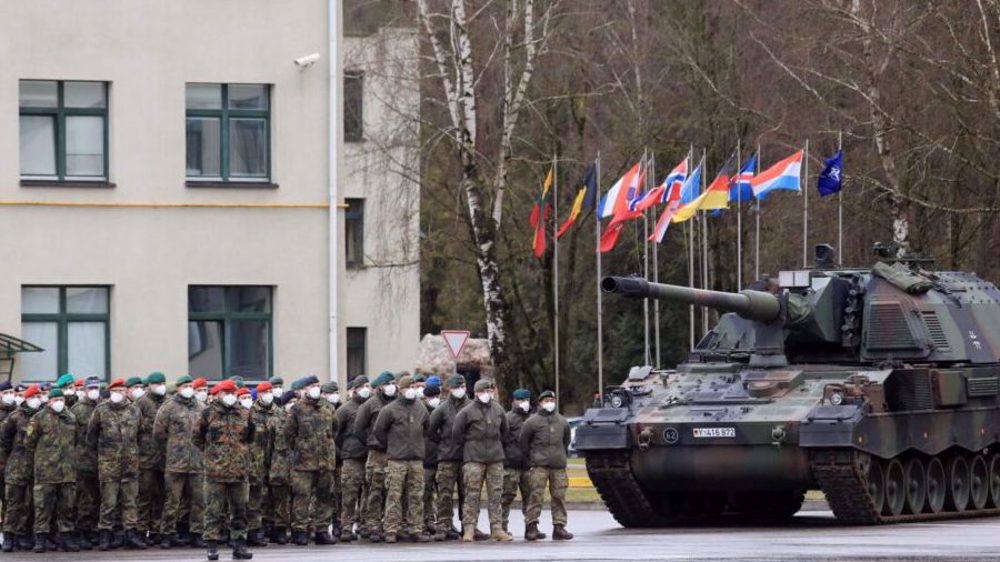
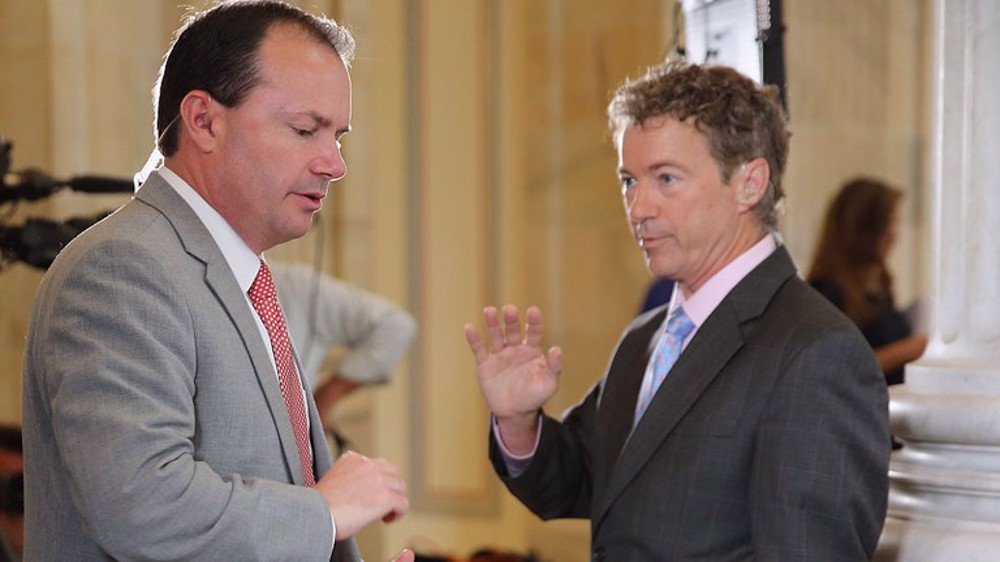
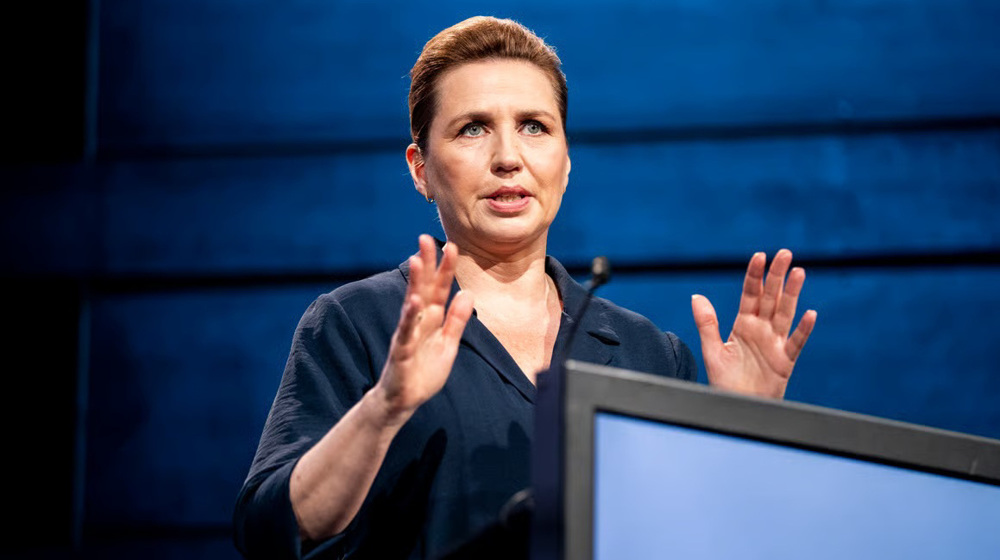
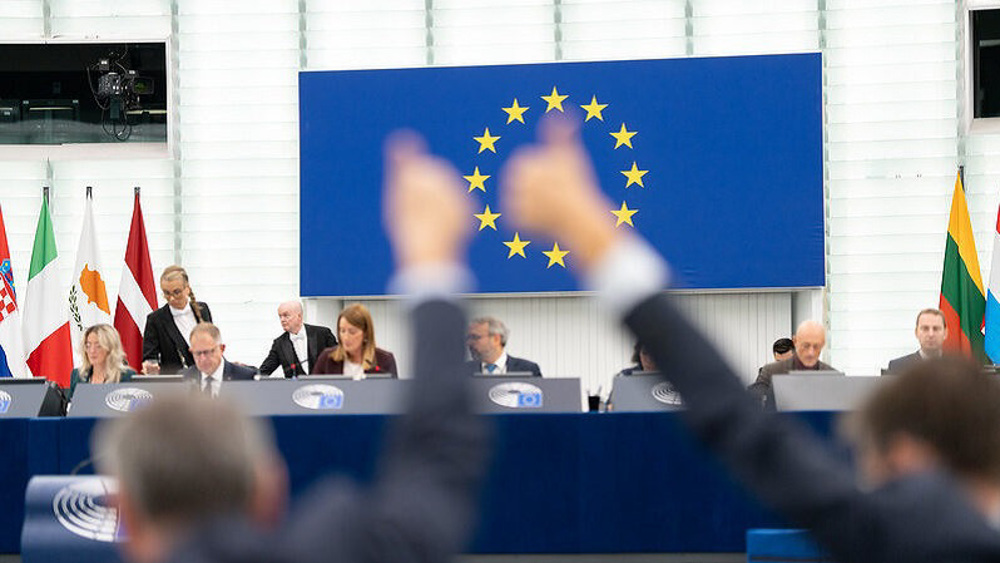
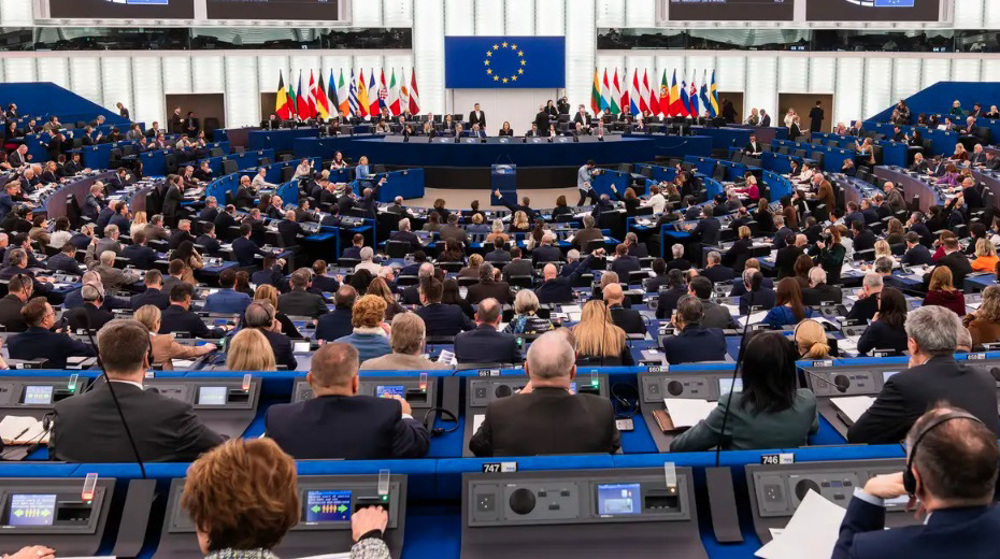



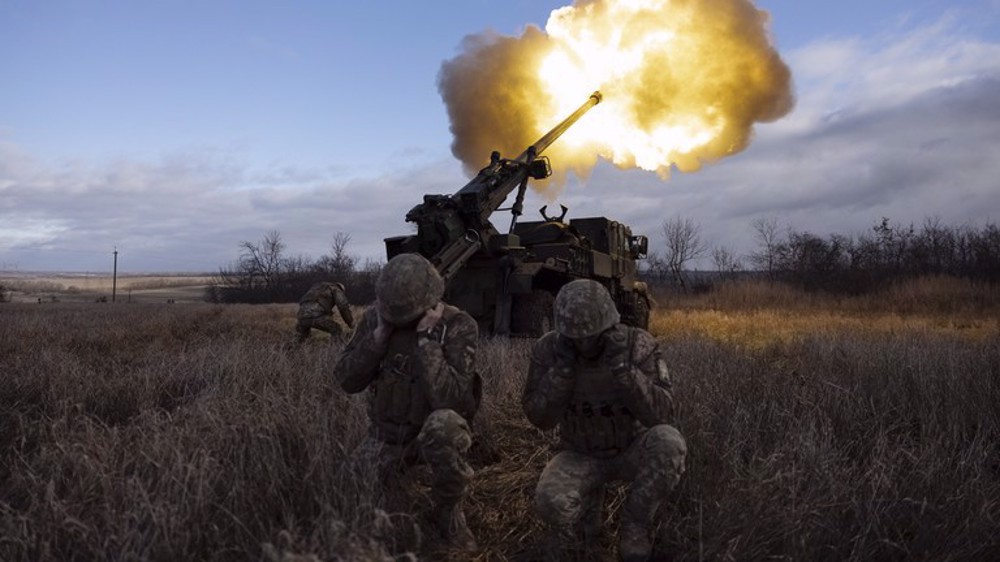
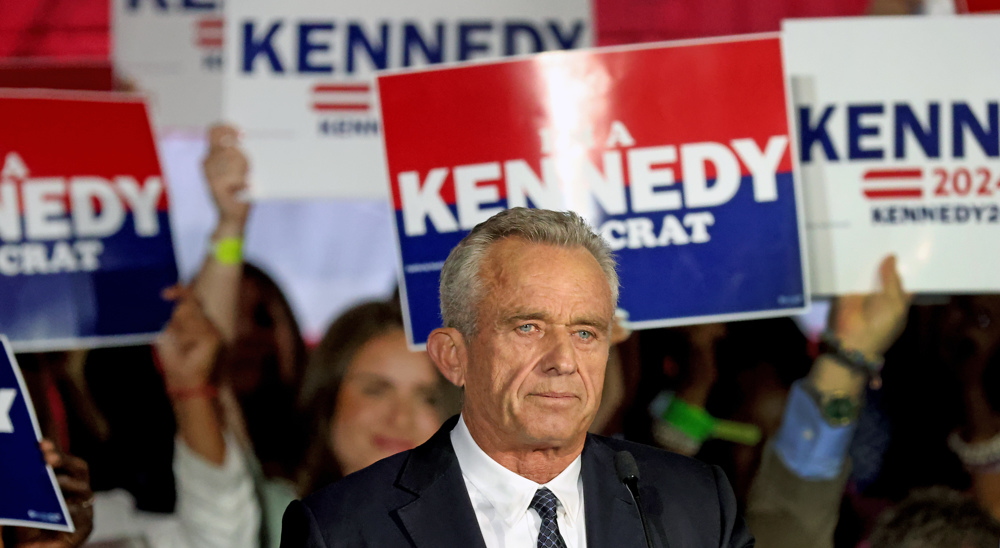
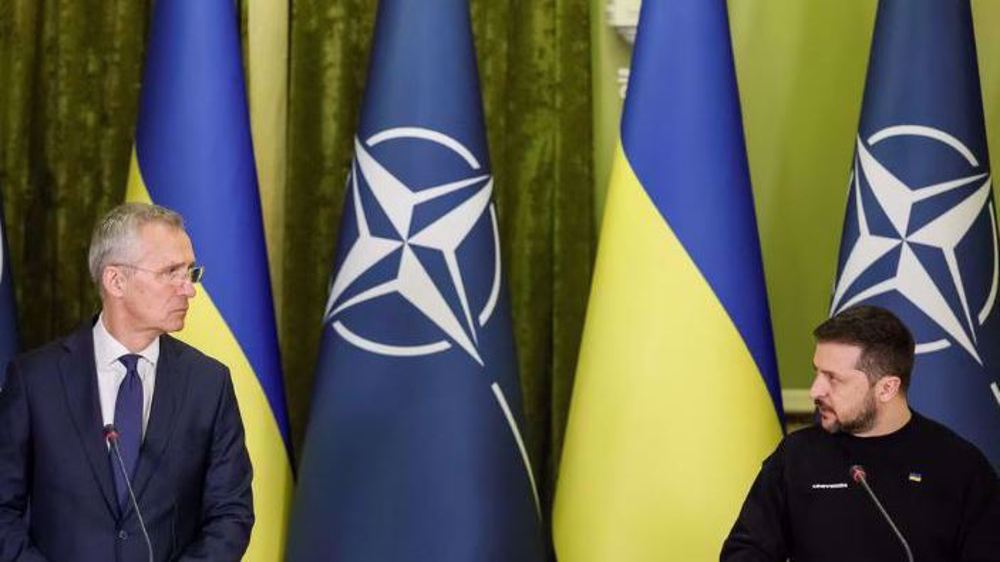

 This makes it easy to access the Press TV website
This makes it easy to access the Press TV website